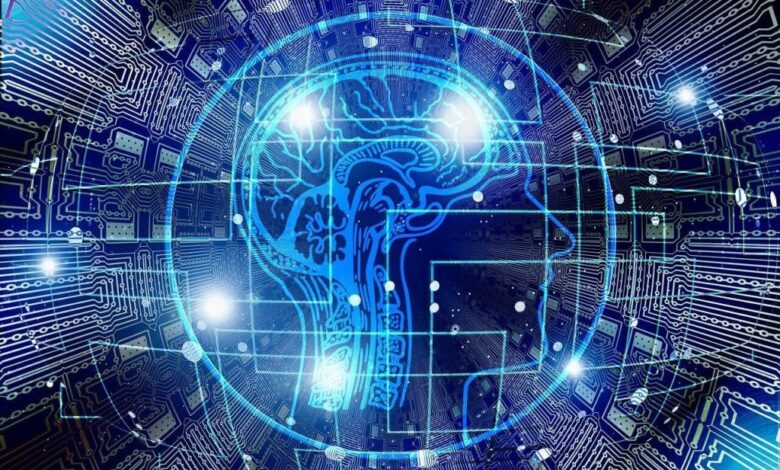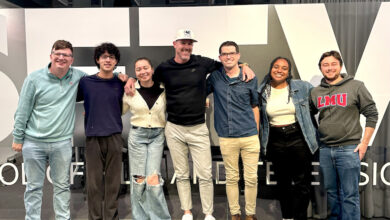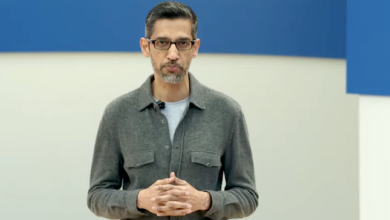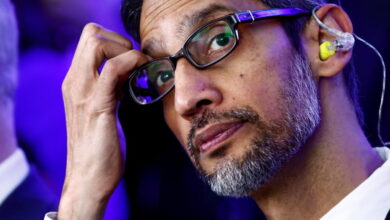New US bill will require AI companies disclose copyrighted material

A new bill called the ‘Generative AI Copyright Disclosure Act’ that would require AI companies to disclose the copyrighted material they used for building their generative AI models, was proposed in the US Congress on April 9. The bill introduced by California Congressman Adam Schiff would require AI companies to submit a notice to the Register of Copyrights that would contain a summary of all copyrighted works included in the datasets used to train their generative AI models.
“AI has the disruptive potential of changing our economy, our political system, and our day-to-day lives. We must balance the immense potential of AI with the crucial need for ethical guidelines and protections. My Generative AI Copyright Disclosure Act is a pivotal step in this direction. It champions innovation while safeguarding the rights and contributions of creators, ensuring they are aware when their work contributes to AI training datasets. This is about respecting creativity in the age of AI and marrying technological progress with fairness.”- the Billboard quoted Schiff saying that in a statement.
According to the Bill, the AI companies are required to submit to the Register of Copyrights, a “sufficiently detailed summary” of any copyrighted works included in the dataset used for training their AI models or used to “alter” their training data set. Alternatively, a company must submit the URL for a dataset that is publicly available on the internet to the Register of Copyrights. Further, the Register of Copyrights must create and maintain a publicly available online database containing each notice filed. This notice must be sent 30 days before the Generative AI product that used the copyrighted work for its datasets is made publicly available to consumers and failure to comply would result in a penalty amount nor less than $5,000, it states. The Bill has been endorsed by numerous industry bodies such as the Recording Industry Association of America, Directors Guild of America, Writers Guild of America, International Alliance of Theatrical Stage Employees, Society of Composers and Lyricists, American Association of Independent Music, Screen Actors Guild-American Federation of Television and Radio Artists, National Association of Voice Actors, Professional Photographers of America, etc.
Why it matters?
The Bill has been proposed as a solution to the longstanding concerns of copyright and AI. Generative AI models, to produce creative output, are trained on vast datasets consisting of materials such as music, visual art, literature, movies, etc that are created by humans. This has raised various questions on the ethical and legal implications of using copyrighted works. Multiple lawsuits by authors, news publishers, and public figures have been made against AI companies for using copyrighted works to train their models. With the passing of this Bill, AI companies will be held accountable for using these works.
However, in its response to a lawsuit filed by the New York Times for using its copyrighted work, OpenAI defended its use of publicly available data and said, “Training AI models using publicly available internet materials is fair use, as supported by long-standing and widely accepted precedents. We view this principle as fair to creators, necessary for innovators, and critical for US competitiveness.”
STAY ON TOP OF TECH NEWS: Our daily newsletter with the top story of the day from MediaNama, delivered to your inbox before 9 AM. Click here to sign up today!
Also Read:



